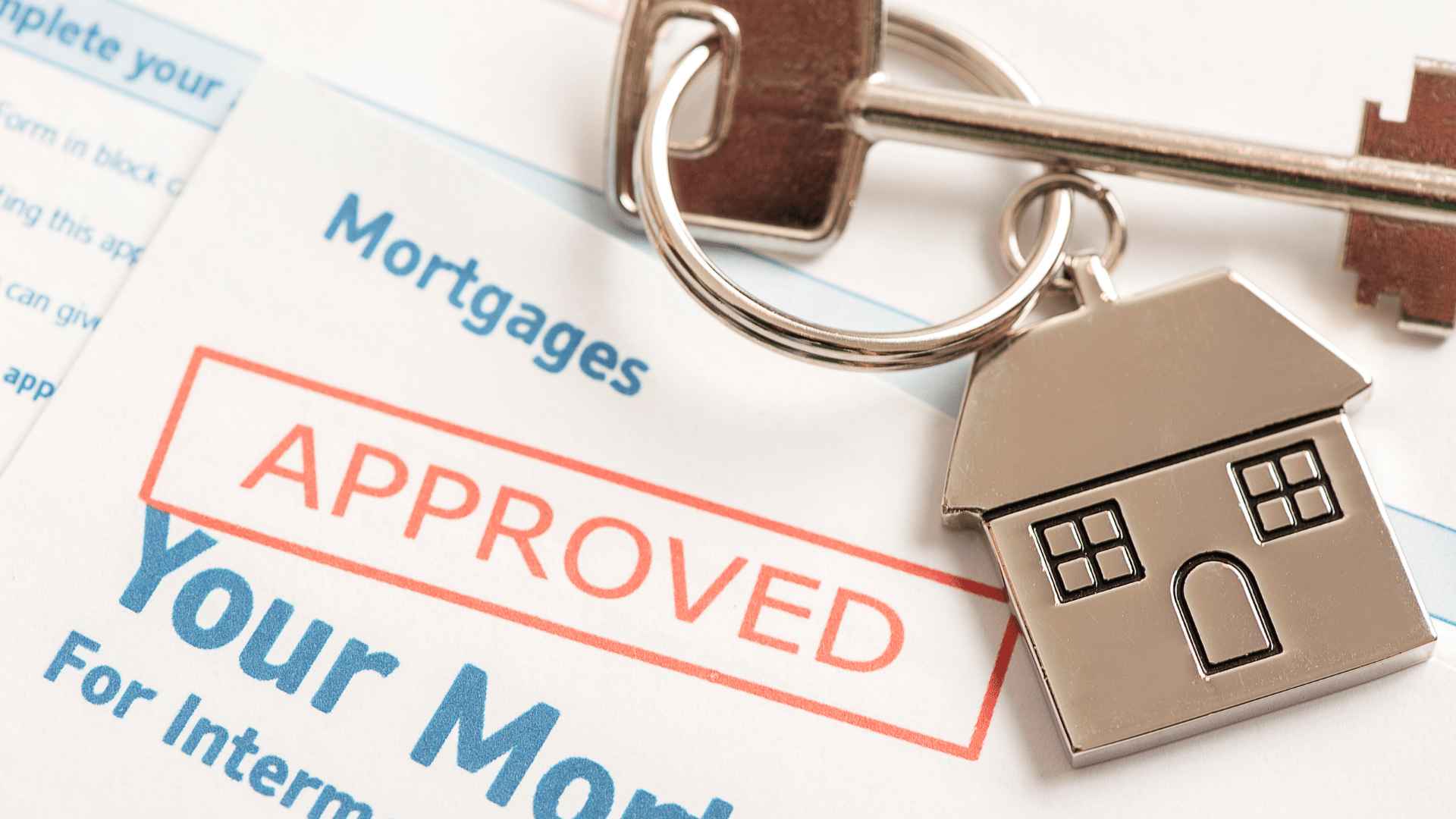Purchasing a home is one of the most significant financial decisions many people will ever make. For most, this entails securing a mortgage to finance the purchase. Mortgage rates play a crucial role in determining the overall cost of homeownership, and they are influenced by various factors, one of which is inflation. Inflation is the gradual increase in the price of goods and services over time, eroding the purchasing power of money. While its effects are widespread, it also has a direct impact on mortgages rates. In this article, we will delve into the intricate relationship between inflation and mortgages rates, exploring how inflation affects these rates and what it means for prospective homebuyers and current homeowners.
Understanding Inflation and Its Causes
Before we delve into the connection between inflation, mortgage rate, let's first understand what inflation is and what causes it. Inflation is essentially the rise in the general price level of goods and services in an economy. It is measured by the Consumer Price Index (CPI) and is influenced by various factors such as supply and demand imbalances, changes in production costs, and monetary policies implemented by central banks.
The Link Between Inflation and Mortgage Rates
Inflation, mortgage rates share a complex relationship. While they might seem unrelated at first glance, they are intricately connected due to the nature of borrowing and lending in a dynamic economy. Here's how inflation affects mortgage rate.
1. Impact on Mortgage Interest Rates
One of the most direct ways inflation affects mortgage rate is through its influence on interest rates. When inflation is high, the purchasing power of money decreases, meaning that the same amount of money can buy fewer goods and services. To counteract this decrease in purchasing power, lenders typically demand higher interest rates on loans, including mortgages. Lenders aim to compensate for the reduced value of money by charging borrowers a higher rate of interest. As a result, when inflation is high, mortgage rate tend to rise.
2. Central Bank Policies
Central banks play a pivotal role in controlling inflation through their monetary policy decisions. They use tools like the federal funds rate (or its equivalent in other countries) to influence borrowing and spending in the economy. When inflation is rising too quickly, central banks may raise interest rates to curb spending and borrowing, which can help to stabilize prices. These changes in the central bank's interest rates can directly impact higher mortgage interest rates. As central banks raise rates to combat inflation, borrowing becomes more expensive, and mortgage rats follow suit.
3. Mortgage-Backed Securities
Rates for monthly mortgage payments are also influenced by the broader financial market. When inflation is on the rise, investors demand higher yields to compensate for the eroding value of money. Mortgage loans are bundled together and sold as mortgage-backed securities (MBS) to investors. If these investors perceive a higher risk due to inflation, they will demand higher yields on MBS. This, in turn, leads to higher interest rates on mortgage loans for borrowers.
Implications for Homebuyers and Homeowners:
The impact of inflation on mortgage rate has significant implications for both prospective homebuyers and existing homeowners:
1. Affordability for Homebuyers
For those looking to purchase a home, inflation-induced increases in mortgage rates can directly impact affordability. When mortgage rate rises due to inflation, the cost of borrowing increases. This means that prospective homebuyers might qualify for lower loan amounts, which could limit their options in the housing market. Additionally, higher mortgage rates can lead to higher monthly payments, making homeownership less attainable for some.
2. Refinancing Considerations
Existing homeowners also need to consider the implications of inflation on their mortgage rates, particularly if they are considering refinancing their current loans. Inflation-driven increases in interest rates could reduce the potential benefits of refinancing, as the new rates might not be as advantageous as they once were. Homeowners should carefully evaluate whether refinancing is still financially beneficial in a higher-rate environment.
3. Long-Term Planning
Inflation's impact on mortgage rates highlights the importance of long-term financial planning for homeownership. Opting for fixed-rate mortgages can provide a measure of protection against future rate increases driven by inflation. Fixed-rate mortgages lock in an interest rate for the life of the loan, shielding borrowers from the potential volatility of the market. This can provide peace of mind and stability in times of economic uncertainty.
Navigating the Changing Landscape within rising interest rates
As we've explored, inflation's influence on mortgage interest rate is undeniable. Among its effects, one of the most tangible for both prospective homebuyers and current homeowners is the impact on interest rates. When inflation surges, lenders respond by raising interest rates to counteract the diminishing purchasing power of money. This response creates a ripple effect across the lending landscape, with implications that go beyond the numbers.
For prospective homebuyers, the consequence of rising interest rates is quite straightforward: affordability takes a hit. As mortgage rate climb, the cost of borrowing increases. This translates into higher monthly mortgage payments, potentially pushing the boundaries of what is financially feasible for many aspiring homeowners. Higher interest rates could mean needing to settle for a smaller loan amount, a less desirable property, or a less favorable neighborhood. The dream of homeownership might still be attainable, but the path to achieving it could become steeper.
Moreover, for homeowners considering refinancing, the calculus changes in a rising interest rate environment. Refinancing is typically pursued to secure a lower interest rate and reduce monthly payments. However, when interest rates are on the upswing due to inflation, the potential benefits of refinancing might dwindle. What could have been a compelling financial move in a low-rate environment could lose its appeal as rates inch higher. Homeowners must carefully weigh the costs and benefits of refinancing against the backdrop of rising interest rates driven by inflation.
The Limited Protection of Fixed-Rate Mortgages
Fixed-Rate Mortgages: Shelter from the Storm
One of the strategies homeowners often employ to mitigate the impact of rising interest rates is opting for fixed-rate mortgages. These mortgages offer a consistent interest rate throughout the life of the loan, shielding borrowers from the volatility of the market. However, it's important to recognize that even fixed-rate mortgages have limitations when it comes to the pervasive influence of inflation on mortgage interest rates.
While fixed-rate mortgages can provide stability and predictability, they are not impervious to inflation's effects. When borrowers lock in a fixed interest rate, they are essentially making a bet against future market fluctuations. If inflation remains relatively low, a fixed-rate mortgage can be a prudent choice. However, in an environment where inflation is rampant, the real interest rate (the nominal interest rate minus inflation) on a fixed-rate mortgage could end up being lower than expected, reducing the true benefits of the fixed rate.
Furthermore, the initial interest rate on a fixed-rate mortgage is often higher than the initial rate on an adjustable-rate mortgage (ARM). In the short term, this can mean higher monthly payments for borrowers who opt for the security of a fixed rate. It's important to weigh the potential benefits of rate stability against the immediate costs when deciding between a fixed-rate mortgage and an ARM.
Inflation is a complex economic phenomenon with far-reaching consequences, and its influence extends to mortgage rates. The relationship between inflation, mortgage rates underscores the interconnectedness of various economic factors. As inflation rises, mortgage rates tend to follow suit, impacting the affordability of homes for prospective buyers and the financial decisions of current homeowners. While inflation is beyond an individual's control, understanding its effects on mortgage rates empowers consumers to make informed decisions about homeownership and long-term financial planning. Whether you're in the market for a new home or considering refinancing an existing mortgage, being aware of the dynamic interplay between inflation and mortgage rates is a crucial step toward achieving your financial goals.
For more information on Vista Residences, email [email protected], follow @VistaResidencesOfficial on Facebook, Twitter, Instagram, and YouTube, or call the Marketing Office at 0999 886 4262 / 0917 582 5167.

.png)





